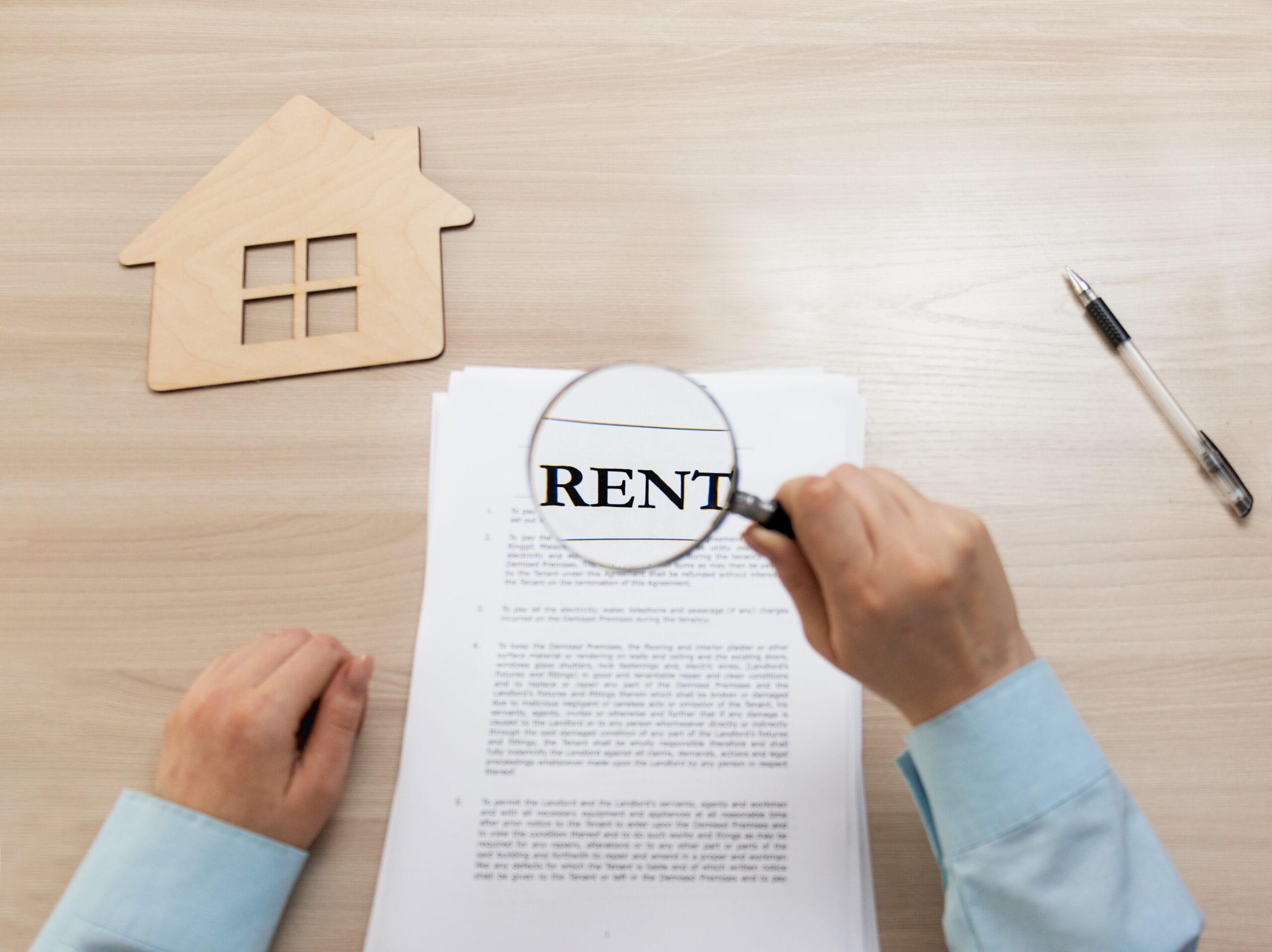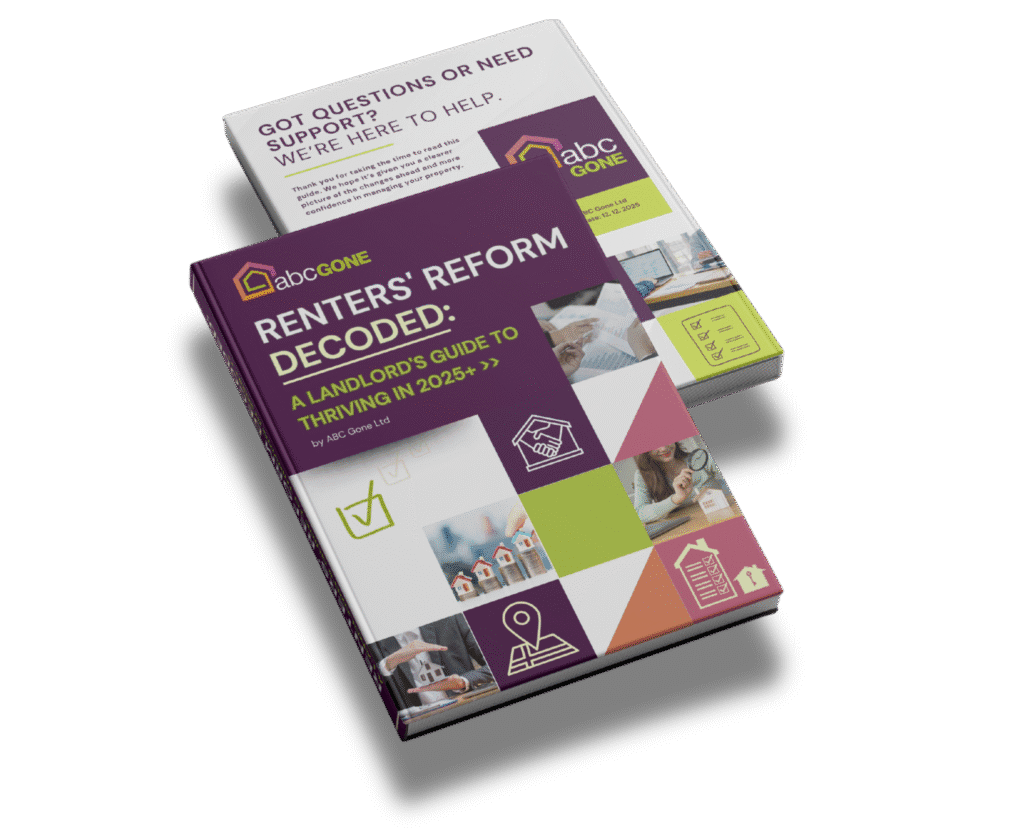After much anticipation, the government presented its Renters Reform Bill to parliament on 17 May 2023. It puts into law the reforms set out in the private rented sector white paper published in June 2022. Once passed, the Renters Reform Bill will mean substantial changes to the private rented sector – the biggest shake up in 30 years, according to the government.
Renters Reform Bill summary
With the number of people renting on the rise, the aim of the reforms is, “a better deal for renters”. As such, they include moves to end to the Section 21, no-fault evictions that can mean instability for people who rent their homes.
If you’re a landlord, you might be asking “what about me?”. You shouldn’t worry, too much. While the tone of the legislation is around “levelling the playing field” in favour of renters, there are protections in there for landlords too. These include measures designed to make it easier to evict tenants for rent arrears and antisocial behaviour.
The changes may bring differences to the way in which you manage your properties, but if you know the law and have the right letting agent to support you, none of these should be a problem.
Let’s look at what will change …
Renters Reform Bill and Section 21
Section 21, so-called ‘no-fault’ evictions mean that, currently, landlords can evict tenants who are no longer in the fixed term of their tenancies, without giving a reason. Section 21 evictions will be abolished under the Renters Reform Bill, to give tenants more stability and prevent landlords from using them against tenants who challenge rent increases or ask for repairs.
More comprehensive grounds for possession
While landlords can no longer use Section 21 evictions, new grounds for possession will be introduced. These will include the right to regain the property if you wish to sell, live there yourself or have family members do so. It will also be easier to repossess properties for anti-social behaviour or repeated arrears.
Periodic tenancies
Changes in the Renters Reform Bill will simplify the structure of tenancies, moving assured shorthold tenancies to period tenancies. This means that instead of signing up for six or 12 months, tenants would sign contracts which are rolling from the outset, without a specified end date. Tenants would need to provide two months’ notice to quit to give landlords time to find their replacement.
Court proceedings
In the past, evictions have become caught up in delays to the court system. The government says it will work with the Ministry of Justice and the courts to target those areas that hold up proceedings – “to ensure that, in the small proportion of tenancies where court action is required, court users can use a modern, digital service.”
Rents
the bill targets “back door evictions” where landlords use “excessively above-market” rent increases to force people out. Landlords will still be able to increase rents to a fair market price, as judged by an independent tribunal.
New privately rented property portal
This online portal will be the place for landlords to go for all the key information about their obligations and relevant legislation. For tenants, it will contain the support they need to make informed decisions when renting a home. It will also make it easier for councils to target enforcement action against rogue landlords.
Private rented sector ombudsman
A new ombudsman for the sector aims to offer fair, impartial, and binding resolutions to issues and disputes in a way that is quicker and cheaper than resorting to the courts.
Renters Reform Bill and pets – tenants will have the right to request to keep a pet in the property – a request which the landlord must consider and only refuse on reasonable grounds. However, landlords may require pet insurance to cover the cost of any damage to the property.
When will the Renters Reform Bill become law?
The bill was introduced to parliament on 17 May. It will return to the House of Commons for a second reading before coming before the House of Lords, then receiving Royal Assent. Housing Secretary Michael Gove has told the BBC that he hopes to see it become law “as quickly as possible.”
What else is planned?
The government’s private rented sector white paper, which formed the basis of the bill, committed to further reforms, which it promises to legislate on. These include applying the decent homes standard, which currently covers social housing, to the private rented sector to boost the quality of all homes as part of the levelling-up agenda.
There are also plans to prevent blanket bans on renting to families or those receiving benefits and to strengthen councils’ enforcement powers to tackle criminal landlords.
If you’re a landlord – or are looking to rent out property in Upminster, Rainham, Dagenham or Harold Wood, we can help you navigate the changes proposed in the bill, so they work for you. Contact us today to discuss our service options.





